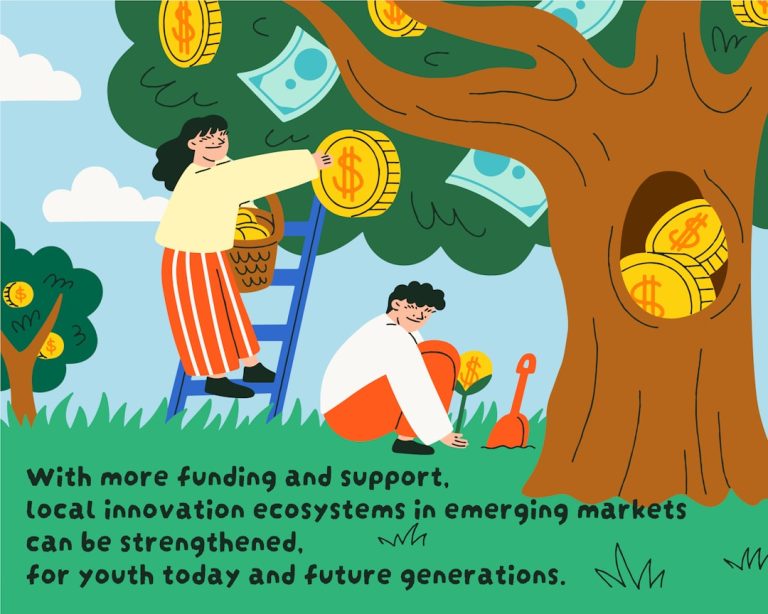Meta Description:
Explore how corporate social responsibility is shaping modern shareholder management through innovative governance approaches, guided by insights from Stanford’s latest working paper.
Introduction
In today’s investment landscape, sustainable investing is no longer a niche strategy but a cornerstone of modern portfolio management. Companies are increasingly recognizing the importance of integrating Corporate Social Responsibility (CSR) into their shareholder governance frameworks. Stanford’s latest working paper, Corporate Social Responsibility through Shareholder Governance by Robert Bartlett and Ryan Bubb, delves deep into this integration, offering valuable insights for investors and companies alike.
Understanding CSR in Shareholder Management
Corporate Social Responsibility (CSR) refers to a company’s commitment to operate ethically, contribute to economic development, and improve the quality of life of its workforce, communities, and society at large. Traditionally, CSR has been viewed as an add-on to business operations. However, recent approaches emphasize its integration into shareholder management, aligning social responsibility with shareholder interests.
Enlightened Shareholder Value (ESV)
The seminal approach discussed in the Stanford paper is Enlightened Shareholder Value (ESV). This framework posits that by treating other stakeholders well—such as employees, customers, and the community—companies can ultimately enhance long-term shareholder value. ESV bridges the gap between profit motives and social responsibility, suggesting that sustainable practices can lead to financial gains.
Shareholder Social Preferences (SSP) and Portfolio Value Maximization (PVM)
Beyond ESV, the paper explores newer approaches like Shareholder Social Preferences (SSP) and Portfolio Value Maximization (PVM). SSP incorporates the social views of shareholders into corporate objectives, ensuring that a company’s operations align with shareholders’ ethical and social expectations. On the other hand, PVM focuses on maximizing the value of diversified shareholders’ portfolios by considering the externalities of the firm’s operations, such as environmental impact.
The Role of Sustainable Investing
Sustainable investing intertwines financial returns with social and environmental impact. As highlighted in the working paper, integrating CSR into shareholder management enhances the appeal of sustainable investing by ensuring that companies are accountable not just to their shareholders but also to society at large.
Addressing Challenges in Sustainable Investing
Despite the promising frameworks, challenges remain. The paper notes that while ESV aligns with stakeholder concerns, it doesn’t fully resolve all social conflicts related to corporate conduct. Similarly, SSP and PVM face issues like shareholders’ diluted social preferences and information asymmetries. Overcoming these challenges is crucial for the effective implementation of sustainable investing practices.
Oriel IPO: Revolutionizing Sustainable Investment Opportunities in the UK
Oriel IPO stands at the forefront of this sustainable investment revolution. As an innovative online investment marketplace, Oriel IPO connects UK startups with investors through SEIS/EIS tax incentives, fostering a community that values both financial returns and social impact.
Key Features of Oriel IPO
- Commission-Free Funding: Eliminates fees for startups and investors, making sustainable investing more accessible.
- Curated Investment Opportunities: Focuses on tax-efficient and socially responsible investment options.
- Educational Resources: Empowers users with knowledge about SEIS/EIS, enhancing informed decision-making.
Aligning with CSR and Sustainable Investing
Oriel IPO’s platform embodies the principles discussed in the Stanford working paper. By facilitating direct connections between startups and angel investors, it promotes transparency and accountability. Additionally, the platform’s emphasis on educational tools ensures that both entrepreneurs and investors understand the social and environmental implications of their investments, aligning with the broader goals of sustainable investing.
Future Prospects
As sustainable investing continues to gain momentum, platforms like Oriel IPO are poised to play a pivotal role. By leveraging innovative governance approaches and fostering a community dedicated to CSR, Oriel IPO not only addresses the funding challenges faced by UK startups but also contributes to a more sustainable and responsible investment ecosystem.
Conclusion
Integrating CSR into shareholder management is essential for the future of sustainable investing. Stanford’s latest working paper provides a comprehensive analysis of how these integrations can be achieved, highlighting both opportunities and challenges. Platforms like Oriel IPO exemplify how these principles can be put into practice, offering a robust solution for connecting investors with socially responsible startups.
Ready to make a difference with your investments? Join Oriel IPO today!



